Content Menu
● Introduction
● Historical Context of the Word of Wisdom
● Green Tea and the Word of Wisdom
● Understanding Green Tea Extract
● The Debate Surrounding Green Tea Extract
● Official Church Stance
● Interpreting the Word of Wisdom in Modern Times
● Perspectives on Green Tea Extract
● Considerations for Personal Decision-Making
● Conclusion
● Questions and Answers about Green Tea Extract
Introduction
The Word of Wisdom, a health code followed by members of The Church of Jesus Christ of Latter-day Saints (LDS Church), has been a topic of discussion and interpretation since its inception in 1833. As society evolves and new products emerge, questions arise about how these modern substances align with the principles outlined in this revelation. One such query that has gained attention in recent years is whether green tea extract falls within the boundaries of what is permissible under the Word of Wisdom. This article aims to explore this question in depth, examining the historical context, official church statements, and various interpretations surrounding green tea extract and its relationship to the Word of Wisdom.
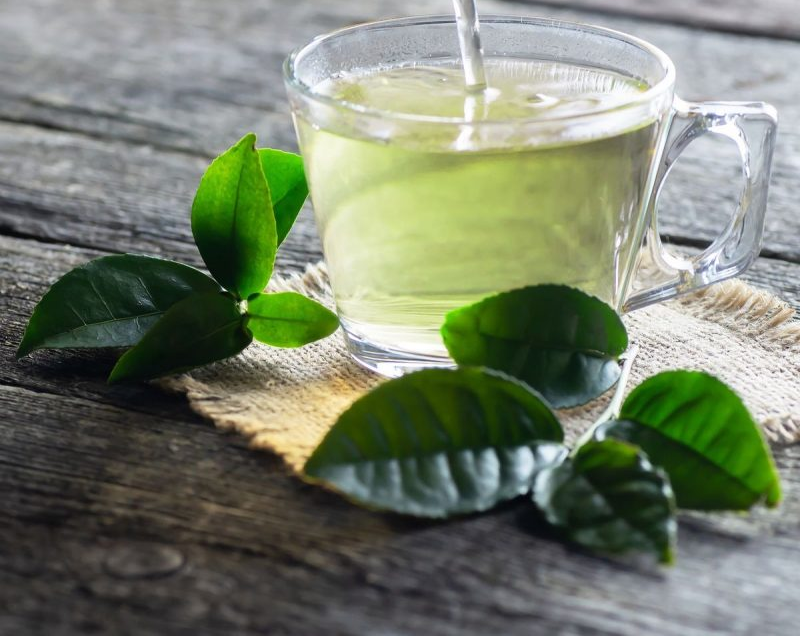
Historical Context of the Word of Wisdom
The Word of Wisdom, found in Section 89 of the Doctrine and Covenants, was received by Joseph Smith as a revelation from God. Initially given as advice rather than commandment, it has since become a fundamental aspect of LDS doctrine and practice. The revelation provides guidance on substances to avoid, such as alcohol, tobacco, and "hot drinks," as well as recommendations for a healthy diet.
The term "hot drinks" has been interpreted by church leaders to specifically refer to coffee and tea. This interpretation has remained consistent over time, but as new products and variations of these substances have emerged, questions about the application of the Word of Wisdom have naturally arisen.
Green Tea and the Word of Wisdom
Green tea, derived from the leaves of the Camellia sinensis plant, has been a subject of debate within the LDS community. While it is clear that traditional green tea falls under the category of prohibited substances, the status of green tea extract is less straightforward.
In August 2019, the Church released a statement clarifying its stance on various substances in relation to the Word of Wisdom. This statement explicitly mentioned green tea as one of the prohibited items, along with vaping, e-cigarettes, and coffee-based products. However, the statement did not specifically address green tea extract.
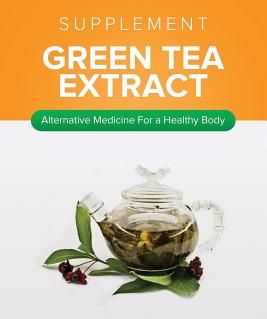
Understanding Green Tea Extract
Green tea extract is a concentrated form of green tea, typically available in capsules or as an ingredient in various supplements and products. It contains high levels of polyphenols, particularly catechins, which are known for their potential health benefits. These benefits may include improved brain function, fat loss, protection against certain types of cancer, and a lower risk of heart disease.
The Debate Surrounding Green Tea Extract
The ambiguity surrounding green tea extract stems from several factors:
1. Form and Consumption: Unlike traditional green tea, which is brewed and consumed as a hot or cold beverage, green tea extract is often taken in pill form or added to other products. This difference in consumption method raises questions about whether it falls under the same category as the "hot drinks" mentioned in the Word of Wisdom.
2. Concentration: Green tea extract is a highly concentrated form of green tea. Some argue that this concentration changes its nature and potentially its status under the Word of Wisdom.
3. Intent: The Word of Wisdom emphasizes the importance of avoiding addictive substances. Green tea extract, when used as a supplement, is typically not consumed for its flavor or as a social drink, but rather for its purported health benefits.
4. Lack of Specific Guidance: While the Church has made clear statements about traditional green tea, it has not provided explicit guidance on green tea extract.
Official Church Stance
The Church of Jesus Christ of Latter-day Saints has not issued a specific statement regarding green tea extract. However, the general principle applied to such questions is that members should use wisdom and personal revelation in making decisions about substances not explicitly mentioned in the Word of Wisdom.
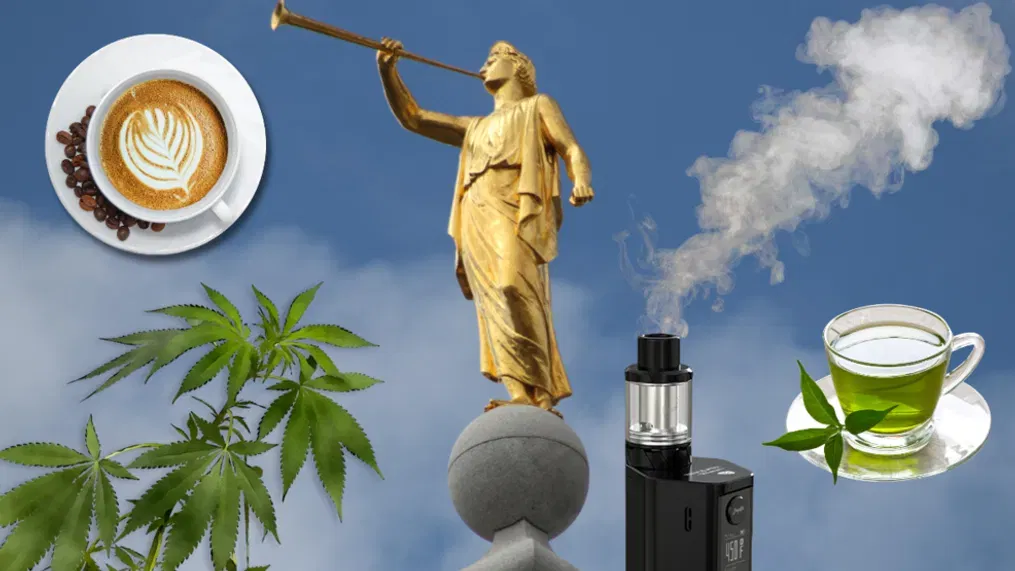
In the August 2019 clarification, the Church stated: "The Word of Wisdom is a law of health for the physical and spiritual benefit of God's children. It includes instruction about what foods are good for us and those substances to avoid. Over time, Church leaders have provided additional instruction on those things that are encouraged or forbidden by the Word of Wisdom, and have taught that substances that are destructive, habit-forming or addictive should be avoided."
This statement emphasizes the underlying principles of the Word of Wisdom rather than providing an exhaustive list of permitted or prohibited substances.
Interpreting the Word of Wisdom in Modern Times
As society and technology evolve, new products and substances continually emerge, challenging members to apply the principles of the Word of Wisdom in their lives. The Church encourages members to use personal discretion and seek spiritual guidance when faced with such decisions.
Some key principles to consider when interpreting the Word of Wisdom include:
1. Health and Well-being: The primary purpose of the Word of Wisdom is to promote physical and spiritual health. Any substance that could potentially harm one's health should be approached with caution.
2. Addiction and Dependency: Substances that have the potential to create addiction or dependency are generally discouraged.
3. Spirit of the Law: Members are encouraged to consider not just the letter of the law but also its spirit and intent.
4. Personal Revelation: The Church emphasizes the importance of seeking personal revelation through prayer and study when making decisions about ambiguous issues.
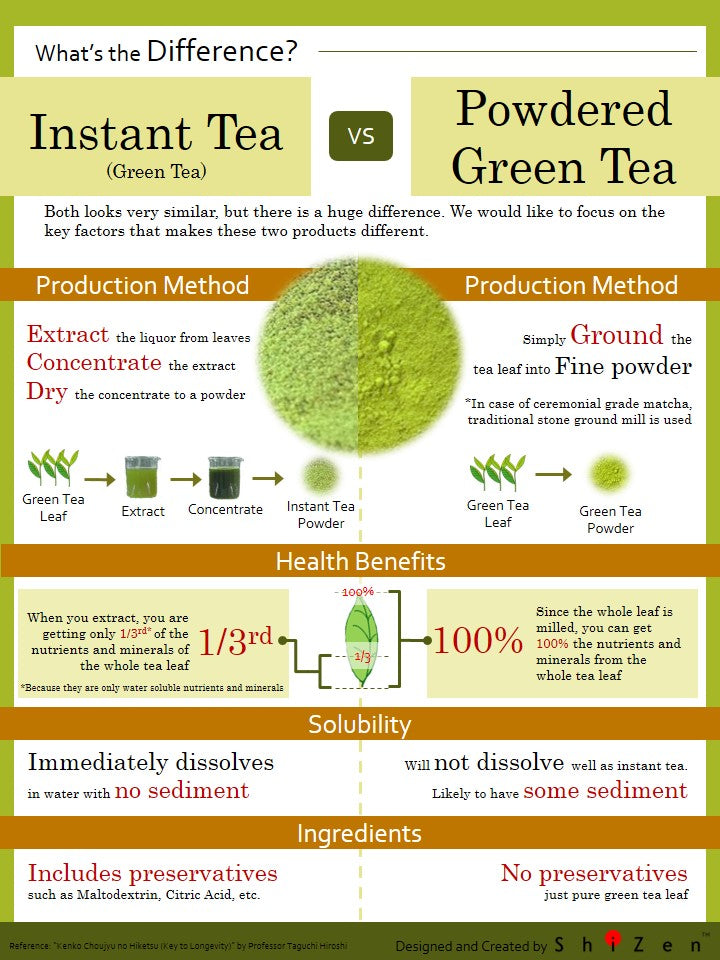
Perspectives on Green Tea Extract
Within the LDS community, opinions on green tea extract vary:
1. Conservative Interpretation: Some members argue that since green tea extract is derived from green tea leaves, it should be avoided just like traditional green tea.
2. Liberal Interpretation: Others contend that the extract, being a processed and concentrated form used primarily for health benefits, is fundamentally different from the beverage form of green tea and thus may be acceptable.
3. Middle Ground: Some members choose to avoid green tea extract out of an abundance of caution, while others may use it after prayerful consideration and consultation with church leaders.
Considerations for Personal Decision-Making
When deciding whether to use green tea extract, LDS members might consider the following:
1. Consultation: Discussing the matter with local church leaders can provide valuable insight and guidance.
2. Prayer and Personal Revelation: Seeking divine guidance through prayer is a fundamental principle in LDS doctrine.
3. Health Impact: Researching the potential benefits and risks of green tea extract from reputable medical sources can inform the decision-making process.
4. Motivation: Reflecting on the reasons for wanting to use green tea extract can help align the decision with personal values and beliefs.
5. Alternative Options: Exploring other supplements or lifestyle changes that could provide similar health benefits without raising doctrinal questions.
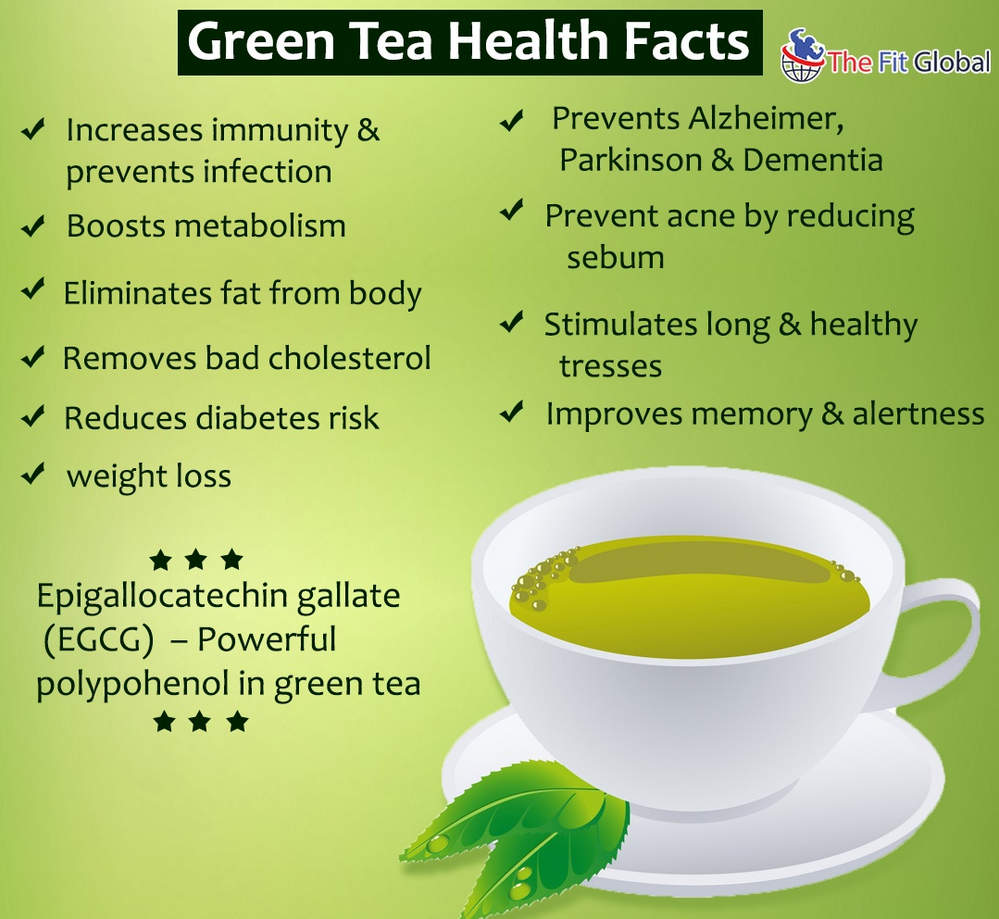
Conclusion
The question of whether green tea extract is against the Word of Wisdom does not have a simple, universal answer. While the Church has clearly stated that green tea itself is not in harmony with the Word of Wisdom, the status of green tea extract remains in a gray area. This ambiguity reflects the broader challenge of applying timeless principles to ever-changing modern circumstances.
Ultimately, the decision to use or avoid green tea extract rests with individual members. They are encouraged to study the issue, seek spiritual guidance, and make choices that align with their understanding of the Word of Wisdom and their commitment to physical and spiritual health.
As with many aspects of religious observance, this issue invites members to engage in thoughtful consideration of their beliefs and practices. It serves as a reminder that living a faith often involves navigating complex questions and seeking personal revelation in areas where clear-cut answers may not be readily available.
The ongoing discussion surrounding green tea extract and the Word of Wisdom illustrates the dynamic nature of religious practice in the face of scientific and societal advancements. It underscores the importance of continual learning, open dialogue, and personal spiritual growth within the LDS community and beyond.
Questions and Answers about Green Tea Extract
Q: Does the Word of Wisdom specifically mention green tea extract?
A: No, the Word of Wisdom does not specifically mention green tea extract. It refers to "hot drinks," which Church leaders have interpreted to mean tea and coffee.
Q: Are there any official Church statements about green tea extract?
A: While the Church has made statements clarifying that green tea is against the Word of Wisdom, there are no official statements specifically addressing green tea extract.
Q: How do LDS members typically approach substances not explicitly mentioned in the Word of Wisdom?
A: Members are encouraged to use wisdom, seek personal revelation, and consult with Church leaders when making decisions about substances not explicitly mentioned in the Word of Wisdom.
Q: Are there health benefits associated with green tea extract?
A: Yes, some studies suggest that green tea extract may offer health benefits such as improved brain function, fat loss, and lower risk of certain diseases. However, it's important to consult with a healthcare professional before using any supplement.
Q: How does the use of green tea extract differ from drinking green tea?
A: Green tea extract is a concentrated form of green tea, often consumed in pill form or as an ingredient in other products, whereas green tea is typically consumed as a beverage. This difference in form and method of consumption is part of what makes the status of green tea extract under the Word of Wisdom ambiguous.
































